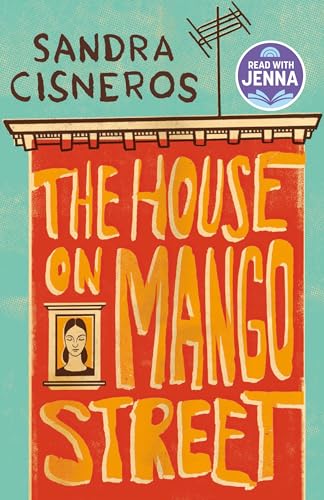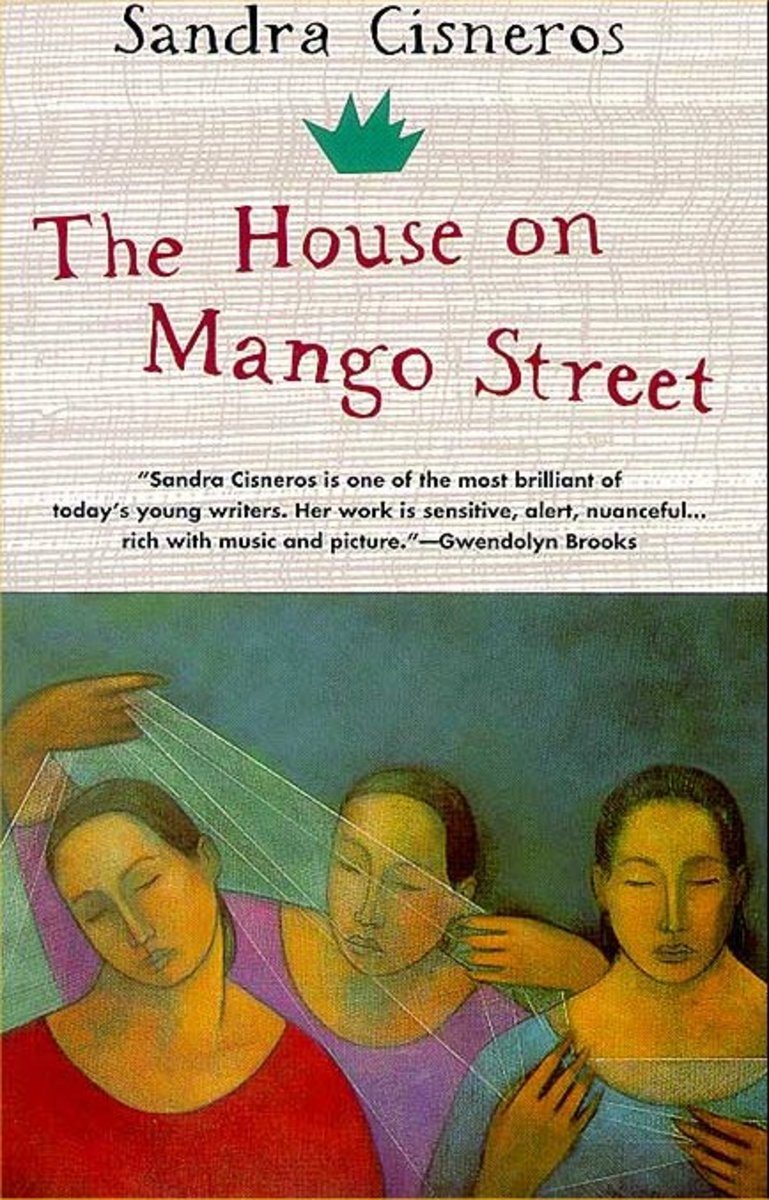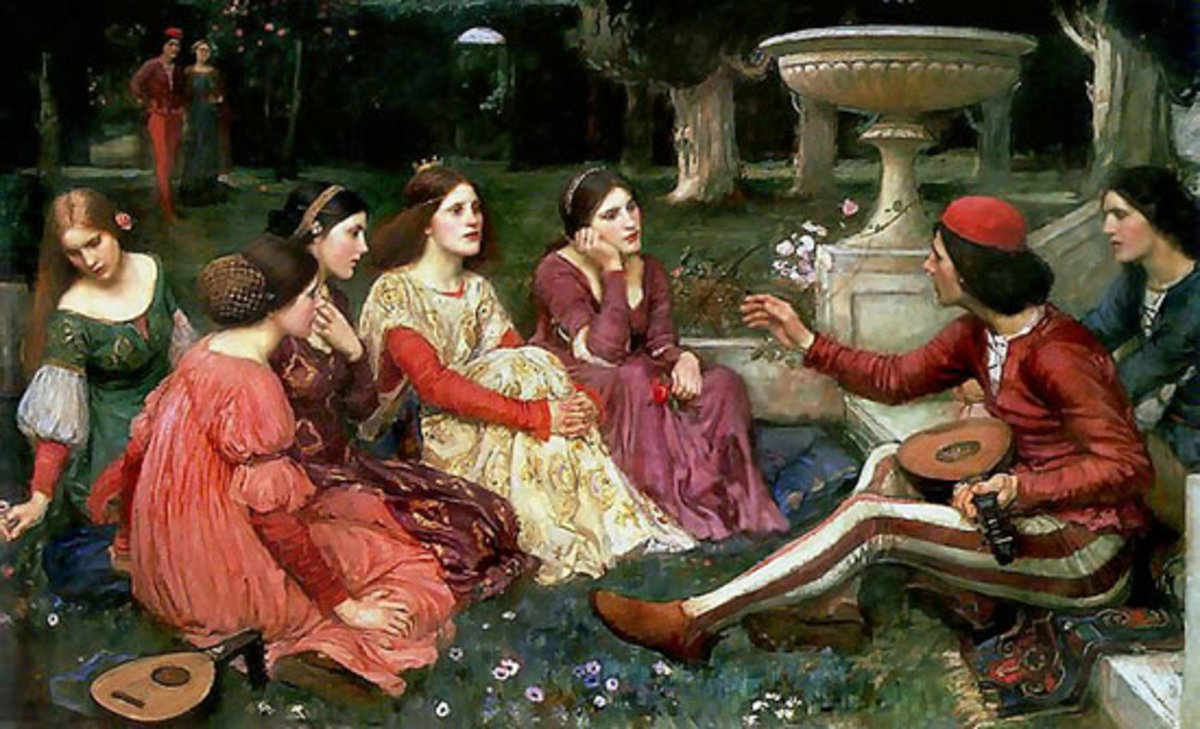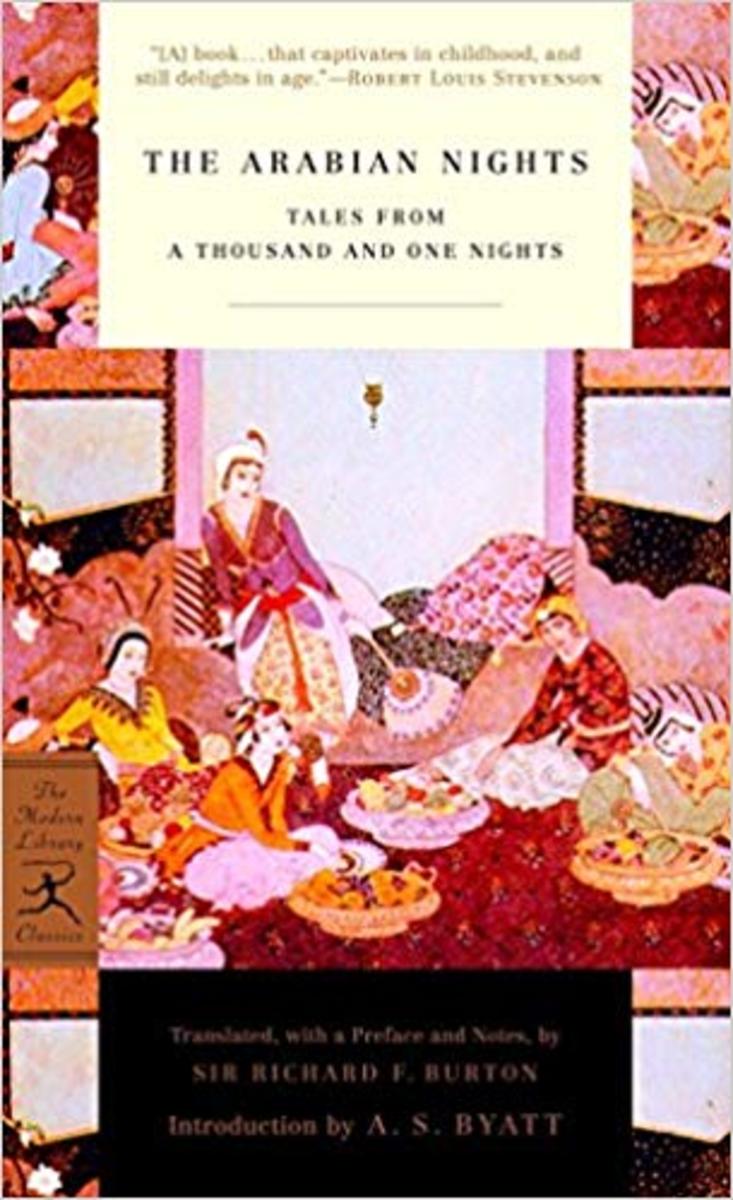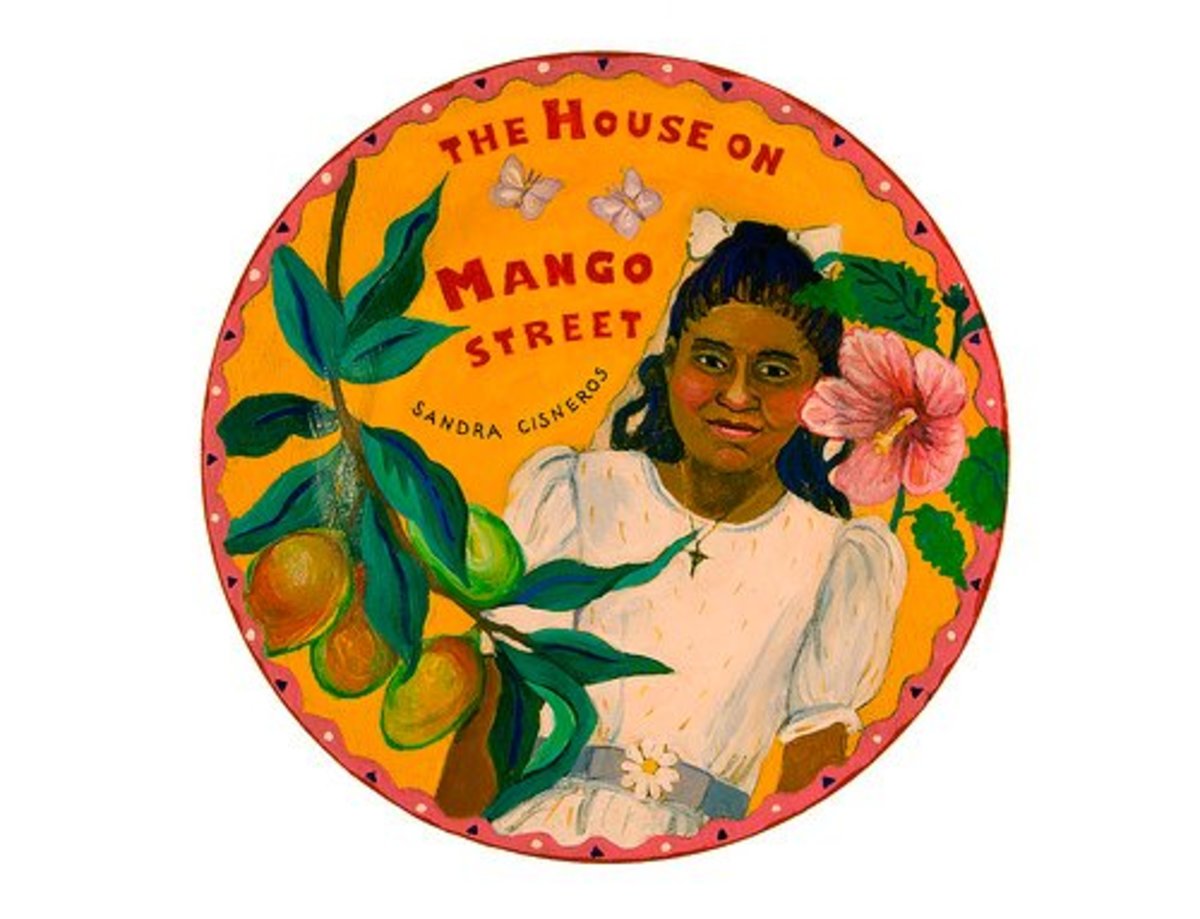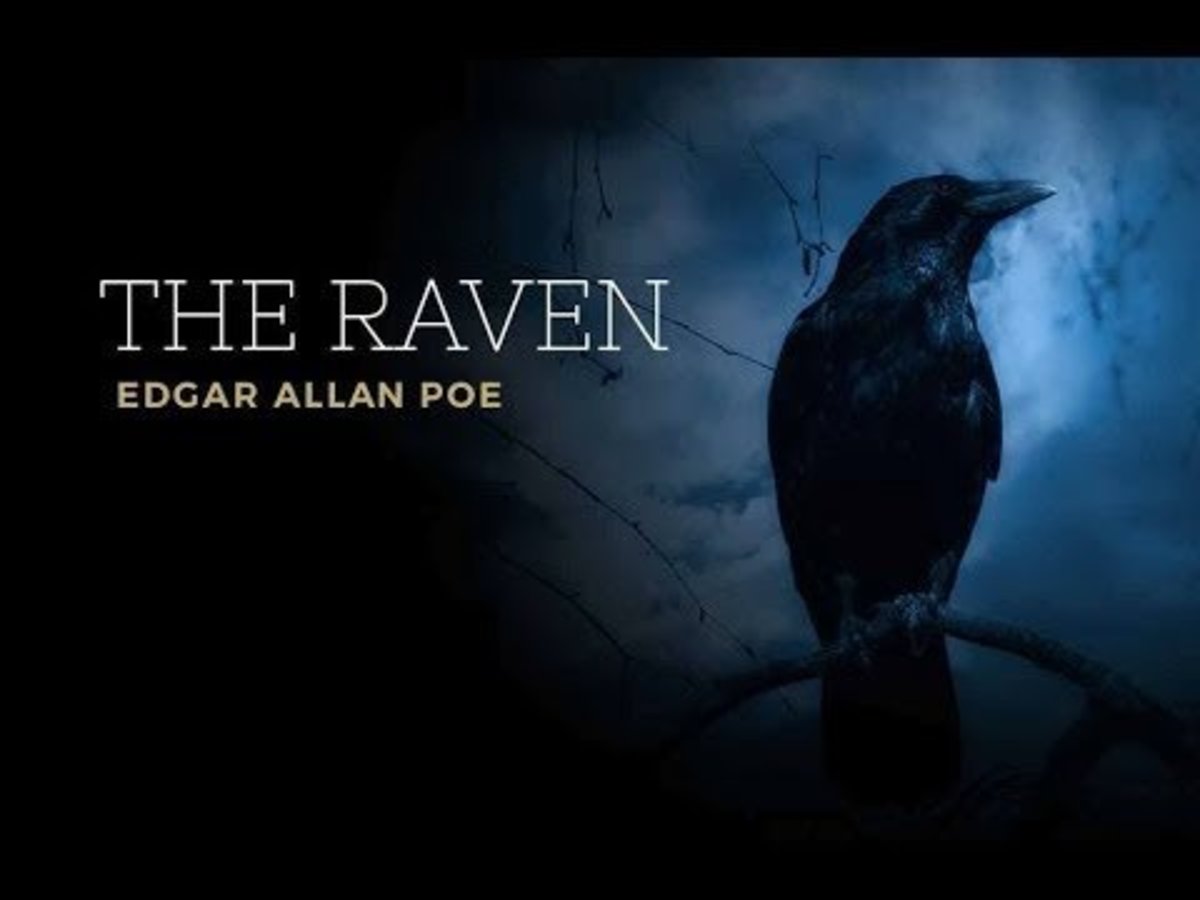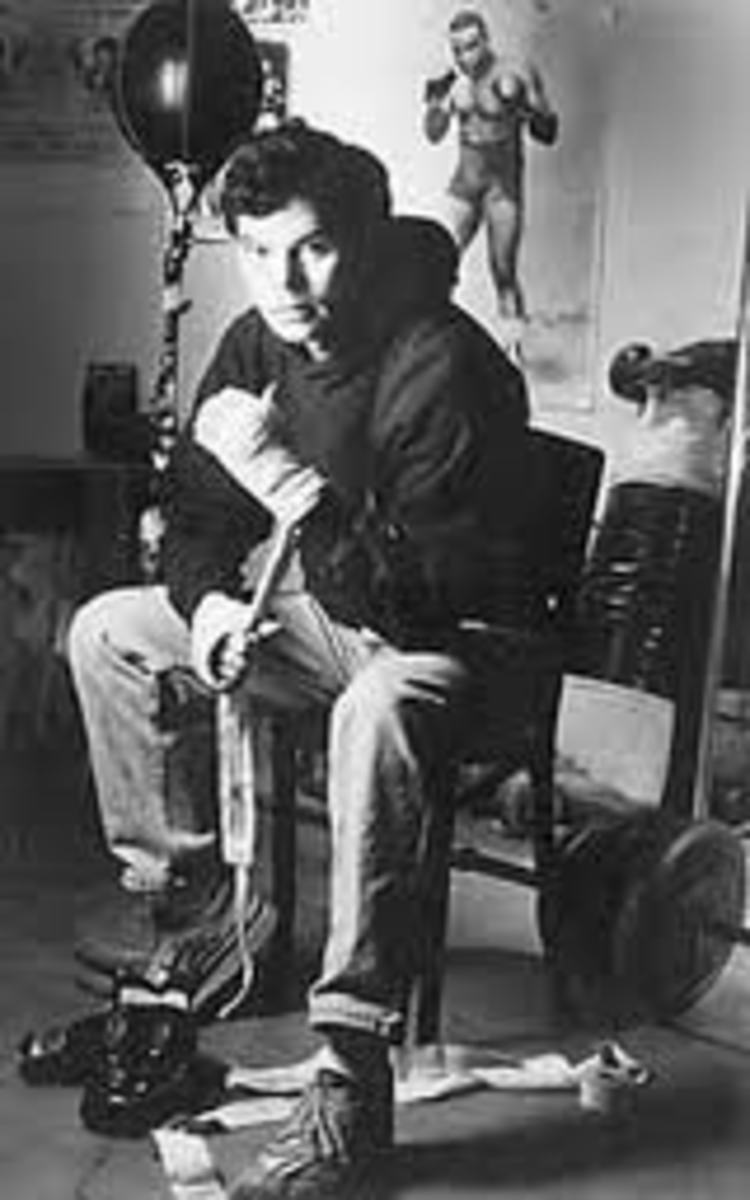- HubPages»
- Books, Literature, and Writing»
- Literature»
- American Literature
Sandra Cisneros -- a leading American chicana writer
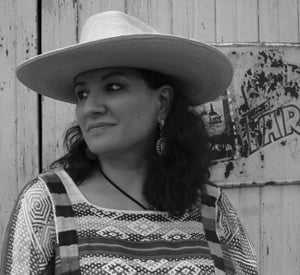
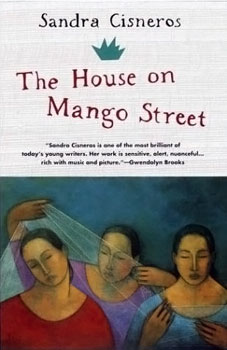
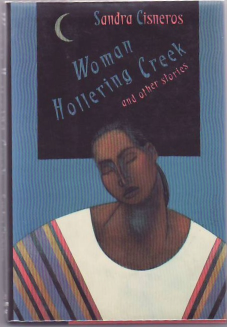
1954 to present
One of America's most interesting writers and my contemporary, is Sandra Cisneros, a leading American chicana writer. She is not just an American writer, but a chicana writer, also. Her poems, novels, and short stories depict the Mexican - American culture she has straddled all her life, and tells us of the barrios she grew up in Chicago, and the various trips she and her family made back and forth to Mexico. Hers is a unique and personal writing like no other in America.
She is best known for her first novel, The House on Mango Street (1984) and for her short story collection, Woman Hollering Creek and Other Stories (1991). These are presently read in middle and high schools across America. As a writer, she has experimented with literary forms, magic realism as well as emerging subject positions and places. She grew up in a mirage of cultural hybridity and economic inequality, straddling both Mexico and the U.S. But, this has given her a unique perspective from which to tell her stories
As an American chicana writer, her biculturalism and bilingualism fills all her stories, poetry and novels. She is a pioneer in her literary field and the first female Mexican-American writer to have her work published by mainstream publishers (Vintage Press and Random House).
Cisneros has filed a void by bringing to the for front a genre that had previously been on the margins of mainstream literature. She drew on her childhood and early life experiences which had left an indelible impression on her for her writing subjects and topics.
In fact, her family finally buying a house on Mango Street in a Puerto Rican barrio of Chicago became the fodder for her first collection of short stories. Her father, Alfredo, immigrated to Chicago and there met and married her mother, Elvira Cordero Anguiano. Her father worked as an upholsterer to support the family and began "a compulsive circular migration between Chicago and Mexico City that became the dominating pattern of Cisnero's childhood," as she writes about in her recent novel, Caramelo. (her grandmother's name). It is the hilarious story of Cisneros, the only girl in her family, along with her six brothers traveling by car to Mexico City to visit grandma, who is not the lovey, nurturing type. Grandma is acerbic and vitriolic and difficult to live with, but every summer the Cisneros spent time with Grandma.
And, it is Cisneros' family life and the constant travels to Mexico that caused her to grow up isolated and not quite Mexican and not quite American. Her challenge and difficulty in life was always straddling the two countries and two cultures. Their constant moving and setting up new homes and going to new schools added to her feelings of isolation. But, it was exactly these feelings of isolation that shaped her later passion for writing.
Cisneros' mother was her one strong female role model. She was a great reader and very socially enlightened with a good social conscience that Cisneros inherited from her. Her mother made a great impact on her life and writings. It was Elvira who ensured that her daughter reached her full potential.
Elvira made sure that Cisneros attended a good high school. She attended the Josephinum Academy, a small Catholic all girls school. Cisnero's high school teacher helped her with writing, especially poetry about the Viet Nam War. Cisneros was well known for her writing during her high school years. Although she mostly wrote poetry during high school, she was also editor to the school's literary magazine.
She started really writing in her first creative writing class in college in 1974, submitting short stories and other prose. It took Cisneros a while to find her own voice. She graduated from Loyola University Chicago in 1976 with a BA degree. She then went on and earned a Master of Fine Arts degree from Iowa Writer's Workshop at the University of Iowa in 1978.
It was during her master's work that her particular social position gave her a unique writing voice. Suddenly she had an epiphany and realized the difference between herself and her classmates.
She knew she was a Mexican woman, but didn't realize how much it contributed to the imbalance she had felt all her life. It didn't just contribute to it, being a Mexican woman had everything to do with it. This was when Cisneros found her voice and decided to become an American chicana writer. Now, she adopted a writing style all her own, opposite of her classmates.
Finally, her cultural environment of poor, Mexican-American barrios became a source of inspiration to her rather than something to be ashamed of. And, for the first time, Cisneros began to realize how institutions had failed her.
Now her writing drew on Mexican and southwestern myths, popular culture and conversations on city streets. She took these and interwove them into her stories and writings. She wrote to illuminate the lives of people such as "thousands of silent women whose struggles were portrayed in The House on Mango Street.
After college, Cisneros returned to the Chicago barrios to teach high school to dropouts at the Latino Youth High School. Here she learned of the problems of young Latin Americans in the 80's.
By Sandra Cisneros

Cisnero's writings
Cisneros' written work deals with the formation of a chicana identity. She explores the challenges of being caught between Mexican and American cultures and facing the misogynist attitudes present in both cultures and of the experience of poverty.
The House on Mango Street is her coming of age novel. Although it is complete fiction, the main character, Esperanza, (which means Hope) is based on Cisneros herself and the street name is an actual one in the Chicago barrio. Just like Cisneros' family, Esperanza's family has finally put a down payment on a house - their own house. No more moving from rented rooms and rented houses. Esperanza describes those neighbors young and old who live on Mango Street. It is the Latin culture mixed in with the American culture and defines who she is. Esperanza lives in the cramped house with her parents and six brothers just as Cisneros did. Esperanza and Cisneros long for to own their own houses someday.
In House, Cisneros turned away from her poetic style common in chicana literature and began to define and develop a specific chicana literary prose. She challenged familiar literary forms and addressed the subjects of gender inequality and marginalization of cultural minorities.
House reached beyond the chicana and Latino literary communities and is now read by people of all ethnicities. Literary critic, Alvina Quintana has called Cisneros' literature, feminist literature so it is accessible to Angos and Mexicans alike. It is literature as social commentary, Quintana continues, that resembles the work of anthropologists in its attempt to represent the cultural experiences of a group of people.
In her writings, Cisneros manipulates both the English and Spanish languages. For example, "La Gritona. Such a funny name for such a lovely arroyo. But, that's what they called the creek that ran behind the house." Spanish always has a role in Cisneros' writings as it brings her work colorful expressions and distinctive rhythm and attitude. She plays with Spanish syntax and lexicon to give a certain flow to her writing.
Cisneros communicates through her character of Esperanza that a woman needs her own place in order to realize her full potential. A woman needs a home of her own not the site of male dominated violence that occurs in many Latino families. Each woman needs "a site of poetic self-creation," says Cisneros. She believes that economic security and personal liberty are necessary for women and their artistic pursuits.
Male dominated violence is the source of grief and conflict for her chicana characters. The male-dominated society in which they live denies them this place of self-creation. The lives of all Cisnero's female characters are affected by how femininity and female sexuality are defined within this male dominated value system that her female characters must struggle to rework. Even Anglo women can closely identify with these themes according to Cisneros. She says it is always a balancing act. Women have to define what they think is fine for themselves instead of what our culture says we should be or how it defines us.
In Woman Hollering Creek, Cisneros depicts her female characters watching the romantic telenovelas (soap operas) obsessively . However, these characters are lumped together as stereotypical because of the abuse and poverty they really face in their own lives.
Cisneros tries through her writing to help women destroy the stereotypes they are expected to conform to. She breaks boundary between what is a socially acceptable way for women to act and speak and what is not acceptable. She confronts the challenges faced by her characters - chicanas confronting the deeply rooted male dominated values of the Mexican culture through their interactions with Mexican fathers, boyfriends and a broader community which pressure them to conform to a narrow definition of womanhood and a subservient position to men.
Much of the Mexican culture sees women as one of three beings: virgin, whore, and griever (widow) and there is no in between. Cisneros writing uses language and imagry that has boisterous humor, extroverted energy and is sometimes deliberately shocking. She is a sexy feminist and she tries to show women they do not have to conform to the way Mexican men see women. In her poetry, Cisneros refers to herself as 'wicked' for having taken control of her sexuality and her articulation of it. This is a power forbidden to women under a male dominated society of which the Mexican culture is.
Cisneros looks into the mother/daughter relationship with her most recent book Have you Seen Marie? When Cisneros' own mother passed away, she fell into a deep depression not leaving the house for several months. When a close and trusted friend came to visit her, concerned about Cisneros' depression, she brought along her cat, Marie, who she immediately lost upon arrival at Cisneros' home in San Antonio. This finally drew Cisneros out of the house as she and her friend went throughout the neighborhood searching for Marie. As she searched, Cisneros reconnected with her neighbors. The search for the cat, Marie, became an allegory of Cisneros searching for her missing mother. This finally broke Cisneros depression and she came to terms with losing her mother and her mother's death. The book, written as a children's book, is really for adults according to Cisneros and was never intended to be a children's book.
I have read and taught Cisneros' stories and books and they are delightful. She cleverly shows us what life is like for chicanas and shows us there is another way. Her own life story exemplifies what chicana women are capable of and the potential in each one of them.
I have enjoyed Cisneros' books but have never met her in person. I did, however, have the privilege of teaching Spanish to her niece, Mandy Cisneros, when Mandy was in high school here in Ohio. Can you imagine, teaching a young chicana Spanish? It was quite an experience and we read and studied her aunt's works in my Spanish class. Mandy grew up to become a lawyer and is happily married at this time.
Note: See comment from Sandra Cisneros below. Her relationship to Mandy Cisneros is more distant that indicated to me originally.
Copyright (c) 2013 Suzannah Wolf Walker all rights reserved
More about Sandra Cisneros
- Sandra Cisneros (Author of The House on Mango Street)
Sandra Cisneros was born in Chicago in 1954. Internationally acclaimed for her poetry and fiction, she has been the recipient of numerous awards, includi... - Sandra Cisneros | MAKERS
Sandra Cisneros on how she found her voice as a chicana writer, despite all odds. - http://www.facebook.com/sandracisnerosauthor
Facebook is a social utility that connects people with friends and others who work, study and live around them. People use Facebook to keep up with friends, upload an unlimited number of photos, post links and videos, and learn more about the people - http://www.english.illinois.edu/maps/poets/a.../cisneros/cisneros.htm
- Sandra Cisneros

